What is dehydrated water?
In short, “dehydrated water” is a humorous and fictional concept that playfully suggests a form of water where the liquid has been removed, leaving behind a substance that contains no actual water molecules. It’s a whimsical idea that defies the laws of chemistry and serves as a creative exercise in language and imagination rather than a scientific reality.
Dehydrated Water: Unveiling the Humorous Conundrum of an Imaginary Concept
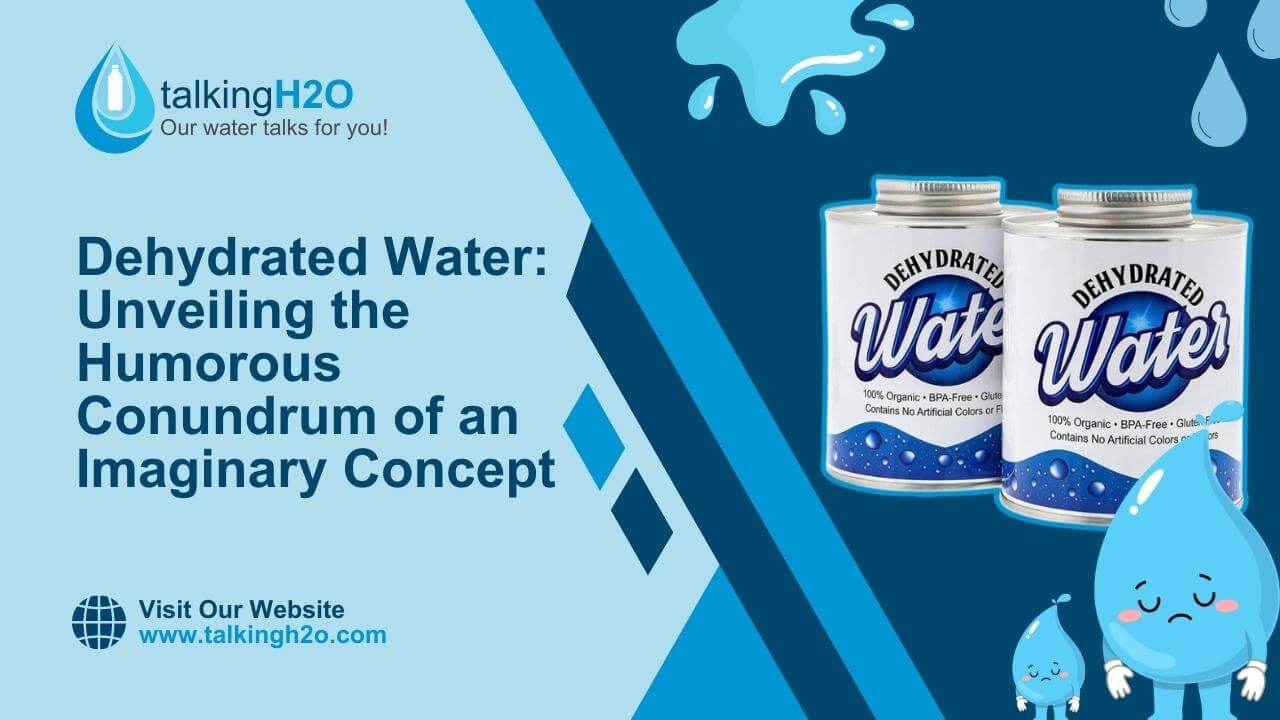
Dehydrated Water: Unveiling The Humorous Conundrum Of An Imaginary Concept
Introduction
Water, the elixir of life, is so fundamental to our existence that its absence or scarcity can have dire consequences. So, it might strike you as puzzling and amusing when mentioning the term “dehydrated water.” After all, how can water, synonymous with hydration, be “dehydrated”? In this intriguing exploration, we venture into the realm of creative thinking and playful imagination to uncover the curious concept of dehydrated water.
Deconstructing the Paradox
At first glance, the notion of dehydrated water appears to be a paradox that defies the laws of chemistry. However, the idea is not meant to be taken literally. It’s not about removing water content from the water itself but rather a tongue-in-cheek phrase used to provoke thought and tickle our sense of humor. The concept involves imagining water in a different form—compact, transportable, and perhaps even solid.
The Imaginary Origins
While dehydrated water is undeniably a product of the imagination, one can’t help but indulge in whimsical tales of its origins. Picture ancient alchemists laboring over cauldrons, attempting to transmute water into a powdered form for easy storage. Or envision a forgotten recipe from a bygone era with the secret to transforming water into a portable substance. These fanciful narratives add an air of mystique to the concept.
The Chemistry Behind the Absurdity
In the real world, the chemistry of water doesn’t allow for its dehydration in the sense we commonly understand. Water contains 2 hydrogen & 1 oxygen atom. These atoms are intrinsically bound to each other, creating the liquid state we know so well. If you were to try and remove the water content from the water, you would end up with an empty container!
In essence, dehydrated water is a playful linguistic experiment that stretches the boundaries of our understanding and invites us to think outside the box.
Playful Applications and Imaginary Marketing
One can imagine various humorous applications in a parallel universe where dehydrated water is a reality. From emergencies, where you’d need to add water to your dehydrated water supply to get a drink, to space travel, where compactness is of the essence, the possibilities are endless. Imaginary marketing campaigns could boast about the convenience of carrying dehydrated water on hiking trips or the space-saving benefits of powdered hydration.
The Philosophical Touch
Beyond the humor and whimsy, the concept of dehydrated water can be seen as a philosophical metaphor. It underscores that even the most familiar and basic things can be viewed from new perspectives. In a world where we often take things for granted, the idea of dehydrated water reminds us to appreciate the creativity of thought and the value of imagination.
Conclusion: Savoring the Quirkiness
Dehydrated water, while not grounded in scientific reality, offers a charming window into creative thinking. It’s a delightful reminder that our minds can conjure the absurd and the imaginative, even when dealing with the most basic elements of life. So, the next time someone jokingly mentions dehydrated water, you can join in the laughter and reflect on the power of human ingenuity to transform the ordinary into the extraordinary—even if it’s just in our minds.
Is there a real substance that could be referred to as dehydrated?

Dehydrated Fruits
Yes, some substances can be referred to as “dehydrated,” but in this context, the term is used in its conventional scientific sense. Dehydrated substances are those from which water or moisture has been removed, typically through drying. This removal of water can often lead to the preservation of the substance, as many biological processes and microbial growth require water.
For example, you might come across terms like “dehydrated fruits” or “dehydrated vegetables.” These foods have undergone a drying process to remove most of their water content, resulting in a lightweight, shelf-stable product that retains the flavor and nutrients of the original food. Dehydrated foods are often used in hiking and camping due to their reduced weight and extended shelf life.
Another example is “dehydrated alcohol,” also known as anhydrous ethanol. Ethanol has removed its water content, producing a highly concentrated form of alcohol. This substance has various industrial, medical, and laboratory applications.
In summary, while the term “dehydrated water” is used humorously to describe a fictional concept, the process of dehydration is a legitimate scientific practice used to remove water from various substances for practical purposes.
Does purified water dehydrate you?
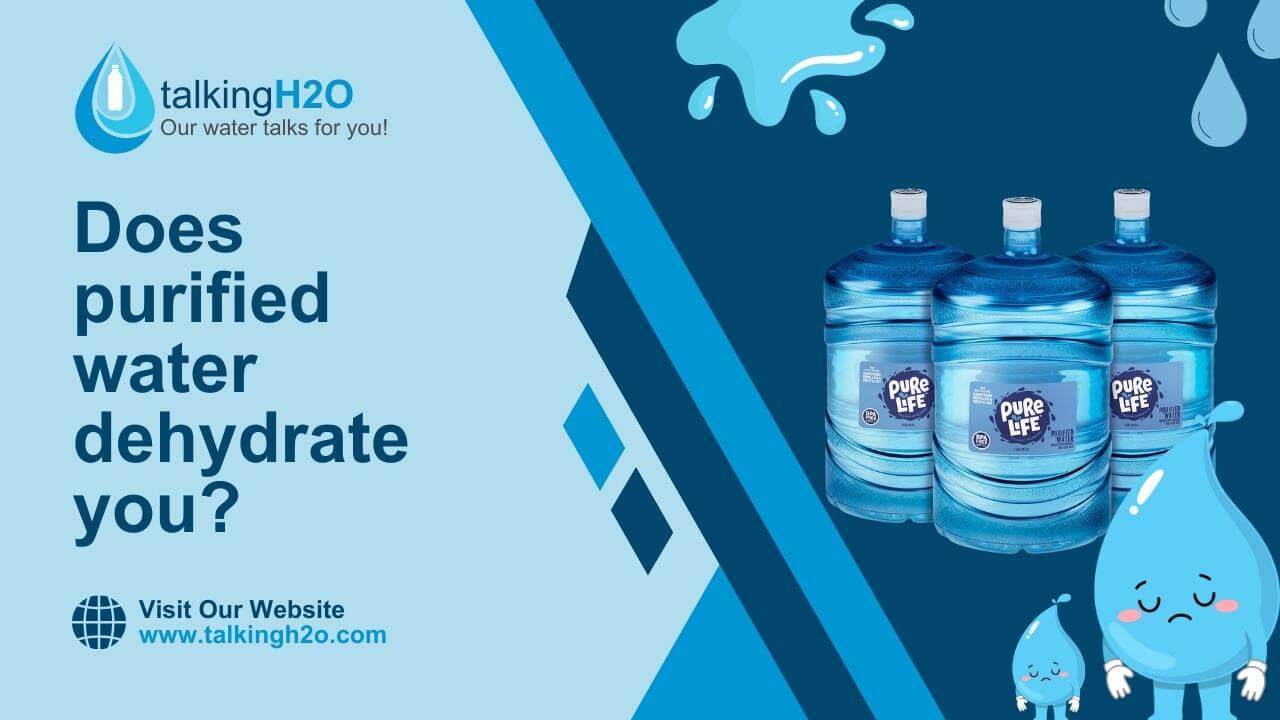
Does Purified Water Dehydrate You?
No, purified water itself does not dehydrate you. Purified water is simply water with impurities, contaminants, and minerals removed through filtration, distillation, or reverse osmosis. Drinking purified water is considered safe and can contribute to overall hydration.
Dehydration ensues when the body loses more fluids than it takes in. This can happen due to excessive sweating, not drinking enough fluids, certain medical conditions, or high physical activity levels. Drinking purified water and other forms of clean and safe drinking water can help prevent dehydration by replenishing lost fluids.
It’s important to note that while purified water is safe to drink, it’s not the only source of hydration. Consuming a balanced diet that includes water-rich foods like fruits and vegetables and drinking various fluids, including water, can help you maintain proper hydration levels and overall well-being.
Bernard Dehydrated Water
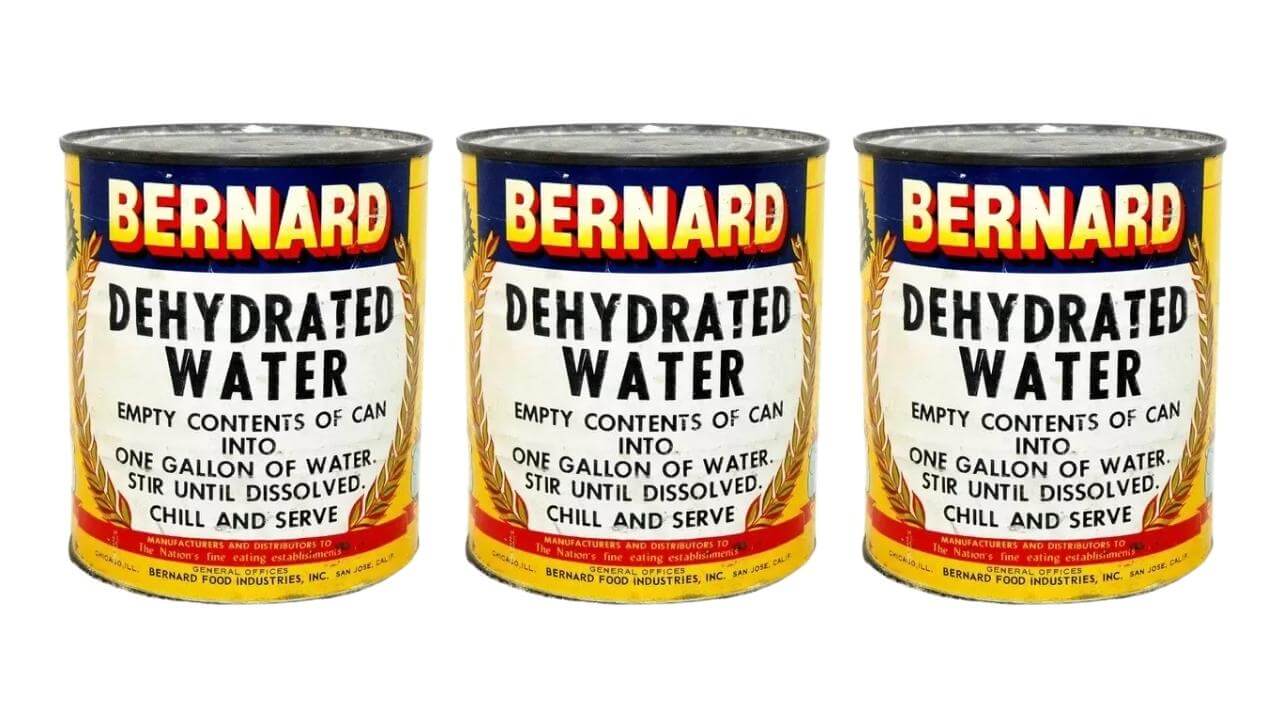
Bernard Dehydrated Water
“Bernard Food Industry” has produced empty tin cans labeled “Bernard Dehydrated Water” as a novelty item. This playful and humorous product plays on the concept of dehydrated water lightheartedly.
Novelty items like these are often created for entertainment or comedic purposes and are not meant to be taken seriously. The idea of packaging “dehydrated water” in a can is a witty play on words, embracing the irony that water is, by nature, a liquid that cannot be dehydrated into a solid or powdered form.
Such novelty items are typically intended to amuse and spark conversation rather than provide practical use. It’s a creative example of how language and imagination create amusing and memorable products.
Is Dehydrated Water Real?
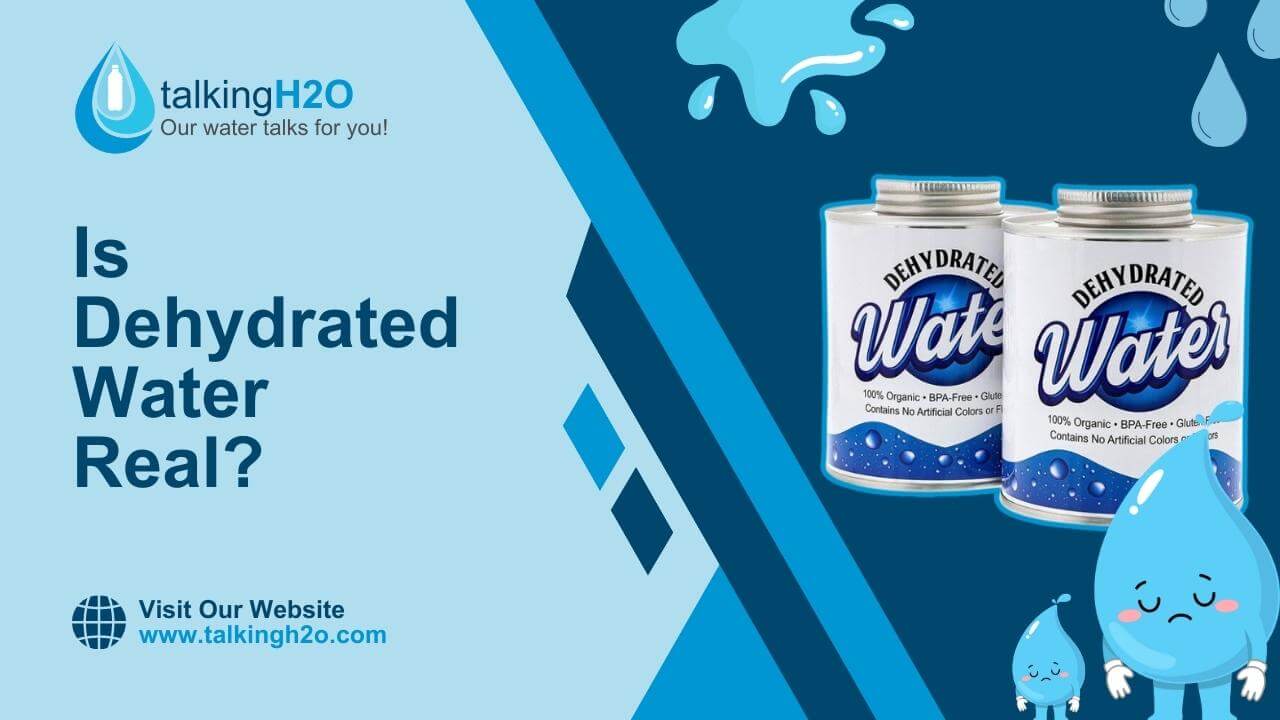
Is Dehydrated Water Real
No, dehydrated water is not a real substance. The term “dehydrated water” is often used humorously to describe a fictional concept where water is somehow removed from water, leaving behind a substance that contains no water molecules. This idea goes against the fundamental properties of water and the laws of chemistry.
In reality, H2O is a compound composed of 2 hydrogen & 1 oxygen atom and its liquid state results from the interactions between these atoms. After significantly changing its chemical structure, water can only be dehydrated into a solid or powdered form.
Dehydrated water is a playful and imaginative exercise often used for comedic effect or to highlight the absurdity of language and logic. It’s not a scientifically valid concept but a humorous way to explore the boundaries of creativity and wordplay.
Can of Dehydrated Water
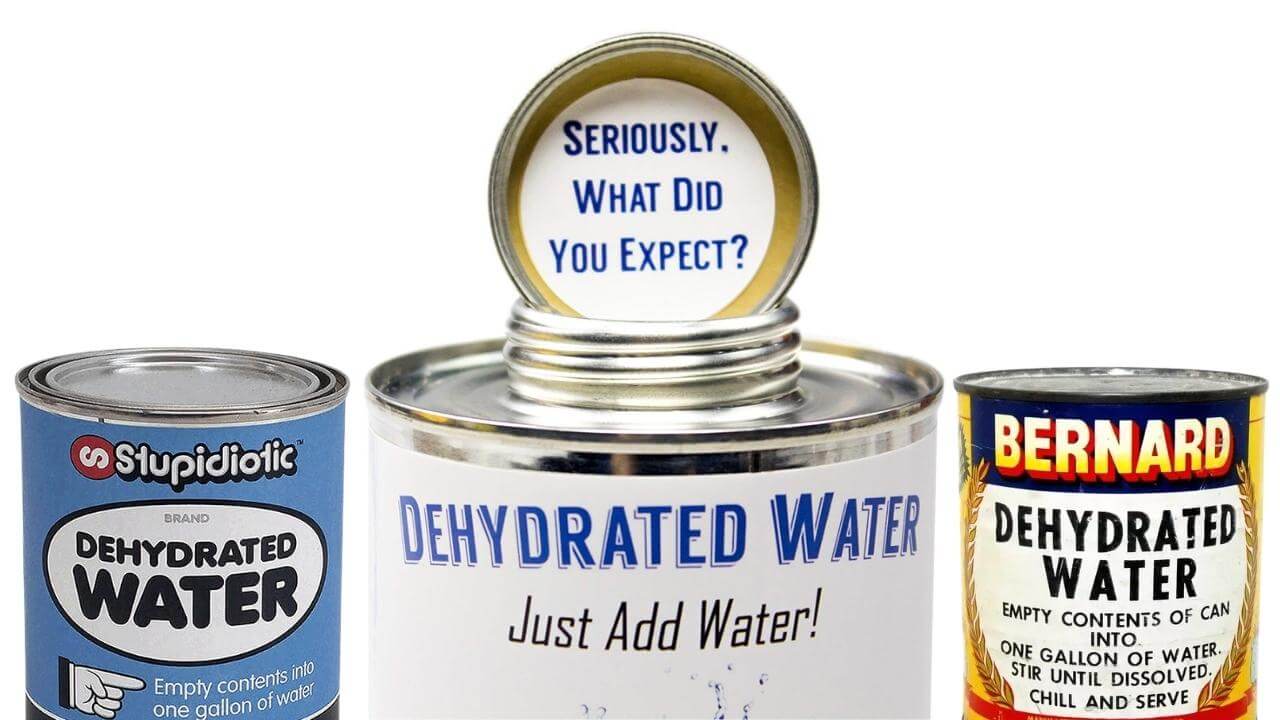
Can Of Dehydrated Water
A “can of dehydrated water” is a humorous and fictional concept often used for comedic purposes or as a novelty item. The idea of a can containing dehydrated water plays on the absurdity of the notion that water is a liquid and cannot be dehydrated into a solid or powdered form while retaining its essential properties.
If you come across a “can of dehydrated water,” it’s likely intended as a playful joke, novelty gift, or conversation starter. The term is a prime example of creative wordplay that amuses by defying common sense while highlighting the nuances of language and humor.
Is smart water good for dehydration?
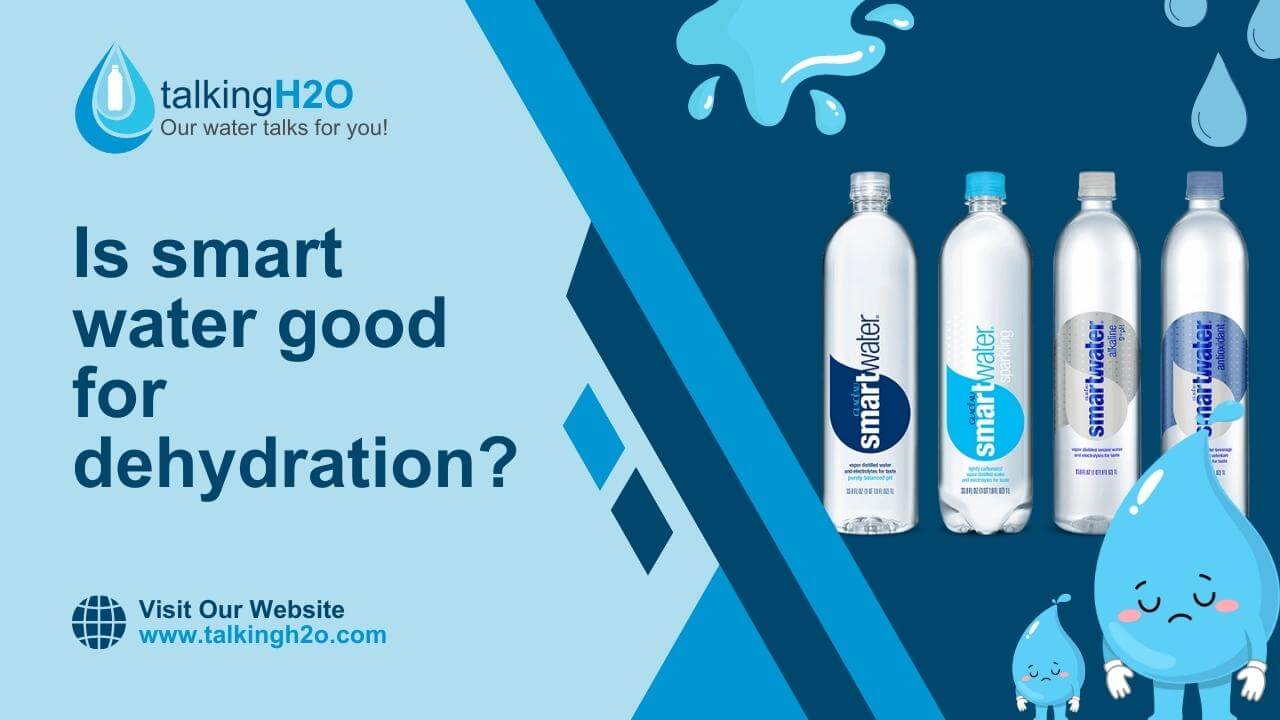
Is Smart Water Good For Dehydration
Smart water, like other bottled waters, can benefit rehydration when experiencing mild dehydration. Smartwater is a brand of bottled water that often promotes its electrolyte-enhanced properties.
Electrolytes are minerals like sodium, potassium, and magnesium crucial in maintaining proper fluid balance.
When you’re dehydrated, your body is losing fluids and electrolytes. Drinking water helps to replenish lost fluids, and in some cases, especially after physical activity or sweating, consuming electrolytes can aid in rehydration by replacing the minerals that have been lost.
While smart water contains electrolytes, it’s important to note that the electrolyte content in most commercially available bottled waters is relatively low compared to sports drinks or specialized rehydration solutions. For mild dehydration due to daily activities or exercise, drinking plain water, including electrolyte-enhanced water like Smartwater, can be helpful.
For more severe cases of dehydration, such as those caused by illnesses or excessive sweating, specialized rehydration solutions or oral rehydration salts may be more effective in restoring the balance of fluids and electrolytes.
As always, if you suspect severe dehydration or health concerns, it’s advisable to consult a medical professional.
Does Reverse Osmosis Water Dehydrate You?
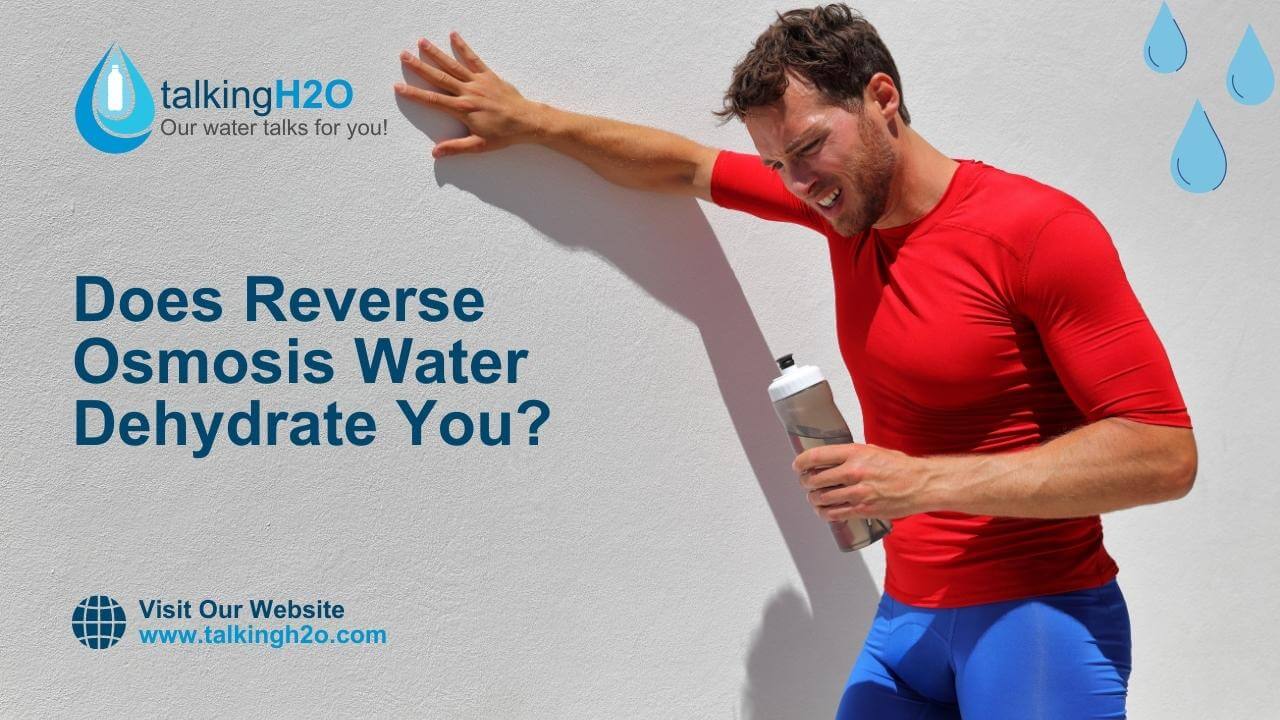
Does Reverse Osmosis Water Dehydrate You
Drinking reverse osmosis (RO) water is unlikely to cause dehydration. Reverse osmosis is an H2O purification process that removes impurities, contaminants, and minerals from water by forcing them through a semipermeable membrane. The result is typically highly purified water.
RO water can be safe and is often used for drinking and cooking. It’s important to note that water is a fundamental component of hydration, and consuming water, including RO water, helps replenish bodily fluids.
However, there’s a misconception that pure water, such as distilled or highly filtered water like RO water, can “leach” minerals from your body and potentially lead to dehydration. This concern is generally overblown, especially if a balanced diet provides essential minerals.
For most people, drinking RO water in moderation as part of a well-rounded diet should not lead to dehydration. Consulting with a healthcare professional is a good idea if you have concerns about your water intake or hydration.
The Best Water Bottle Holders that Combine Style and Utility
The Ultimate Guide to The Best Water Bottle Holders Selecting the perfect water bottle holder is more than just a one-size-fits-all task. Different activities, preferences, and equipment necessitate various designs. In this comprehensive[...]
1000 Gallon Water Tank: An Essential Guide for Buyers
The Ultimate Guide to 1000-Gallon Water Tanks: A Solution for Every Need Water is an invaluable resource, and securing a dependable and abundant water supply is essential for a wide range of applications.[...]
3 Gallon Water Jugs 2023: Best Picks for You
The Ultimate Guide to 3-Gallon Water Jugs 3 Gallon Water Jugs Water is the essence of life, and having a convenient, efficient way to store and access it is crucial. 3[...]
Swell Water Bottles: Stylish Hydration for a Sustainable Lifestyle
Swell Water Bottles: A Stylish Solution for Hydration and Sustainability In a world where fashion meets environmental responsibility, Swell water bottles have become the epitome of eco-friendly hydration. These sleek and innovative vessels[...]
Comprehensive Review: Igloo, Stanley, and Primo Water Jugs
Igloo Water Jugs | Stanley Water Jugs | Primo Water Jugs In the world of water jugs, three brands often come up in conversation in USA: Igloo water jugs, Stanley water jugs, and[...]
Warm Water VS Cold Water: Health Benefits and Risks
Benefits and Risks of Warm Water VS Cold Water Are you interested in knowing about Warm Water VS Cold Water? In this article, I am trying to provide the best information for you.[...]

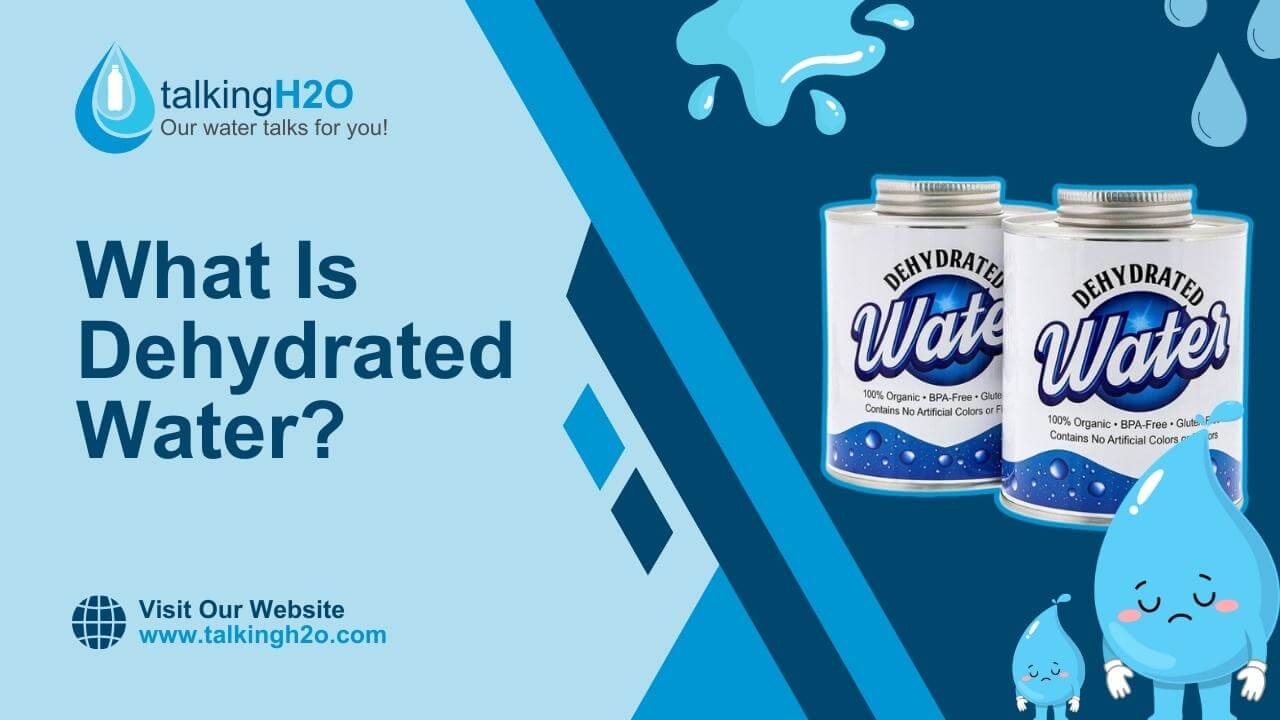





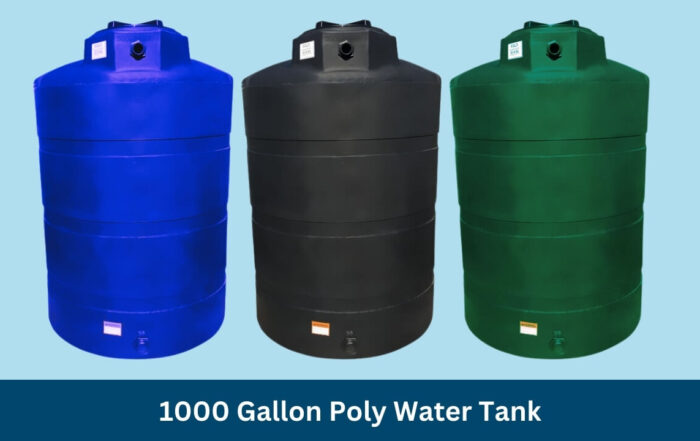
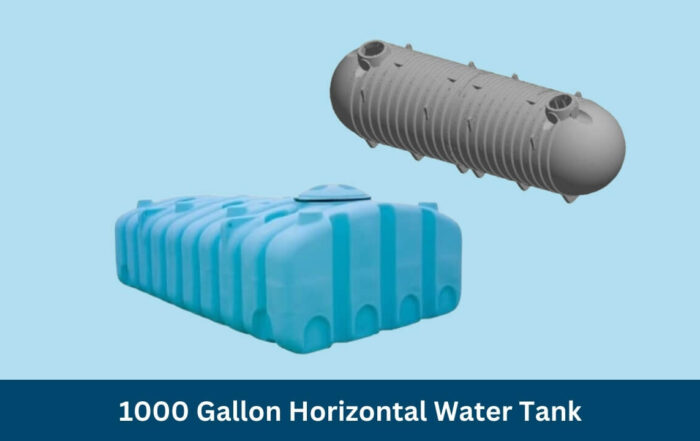

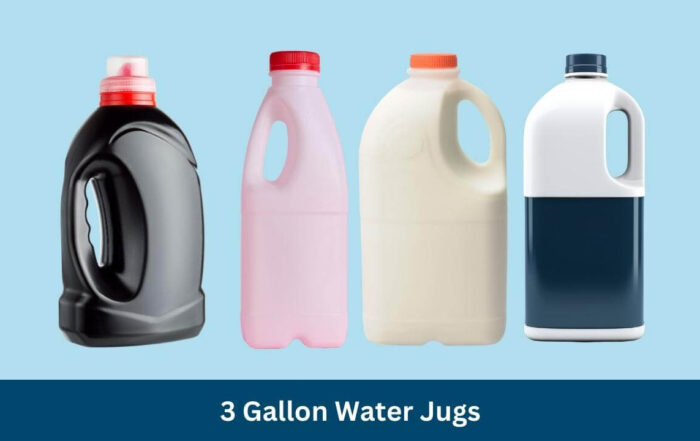
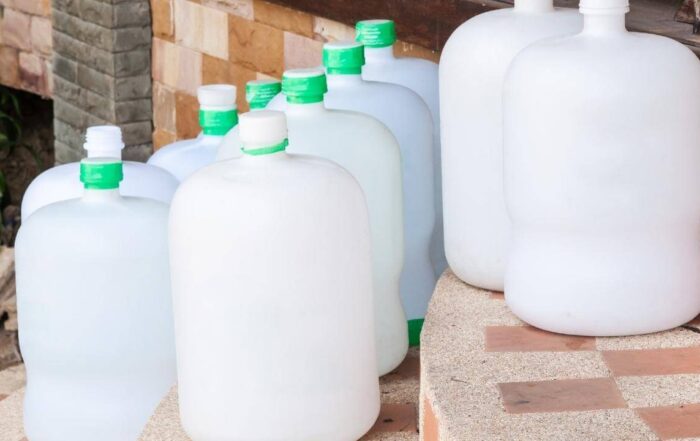
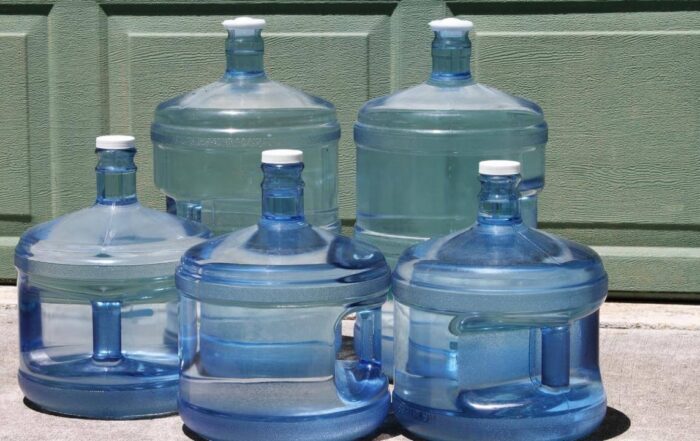
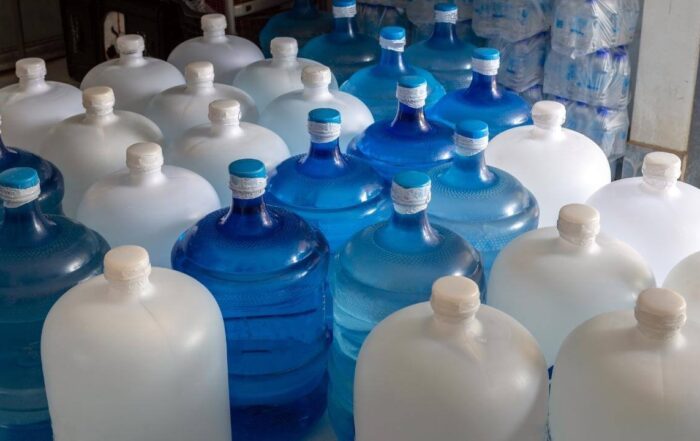
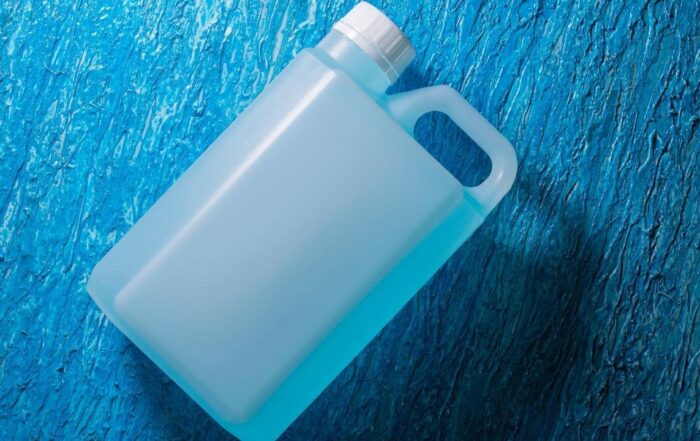
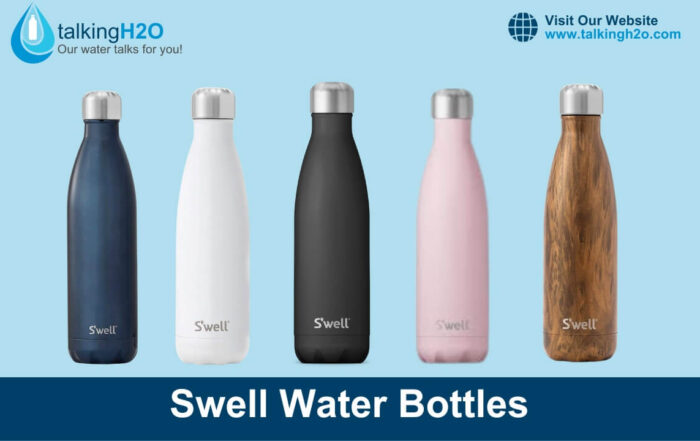
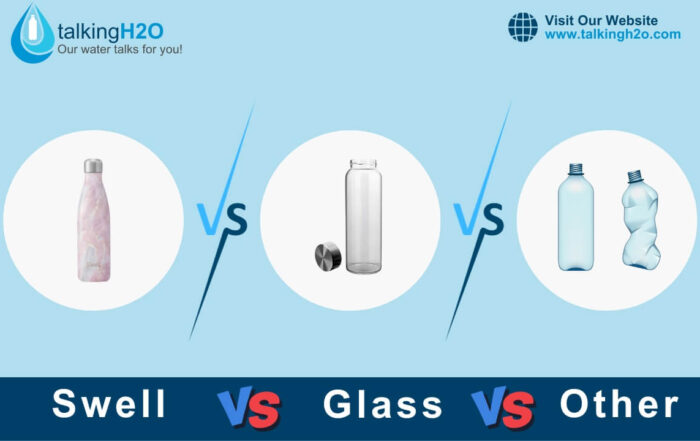
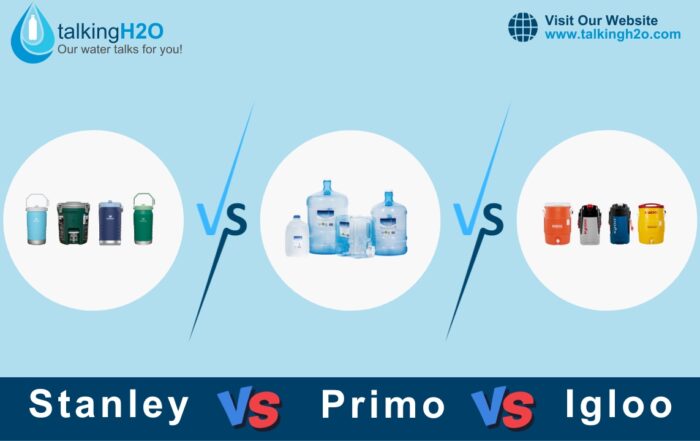
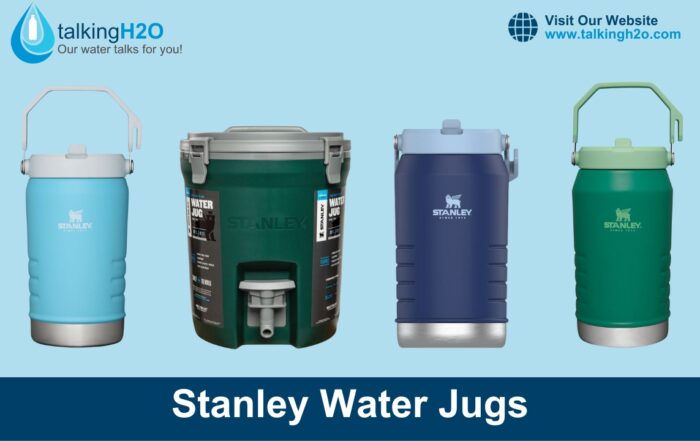
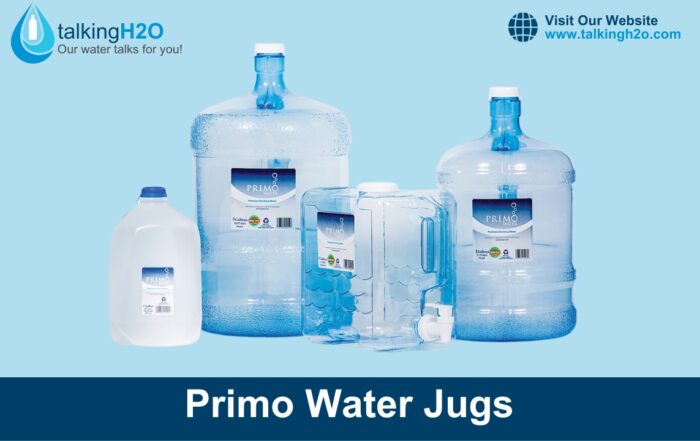
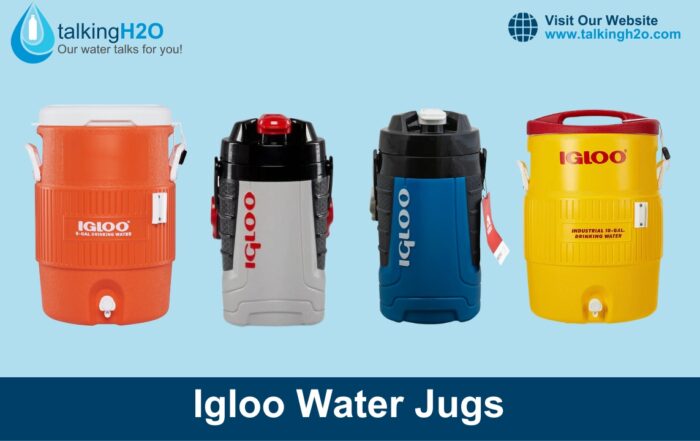
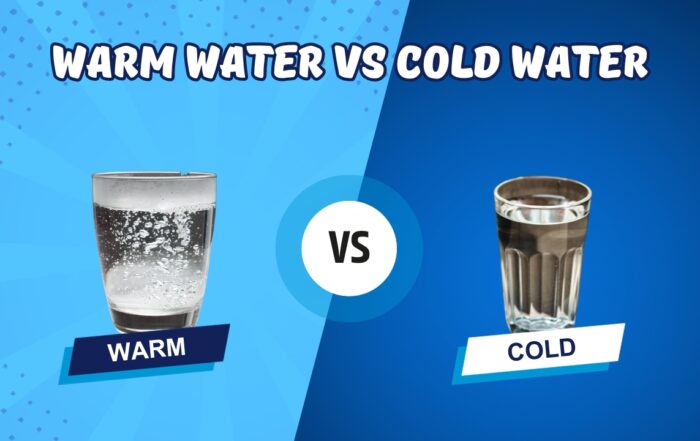


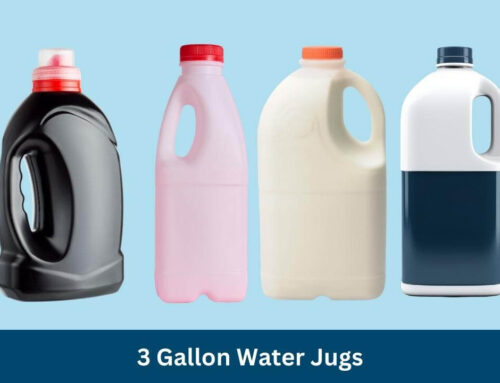
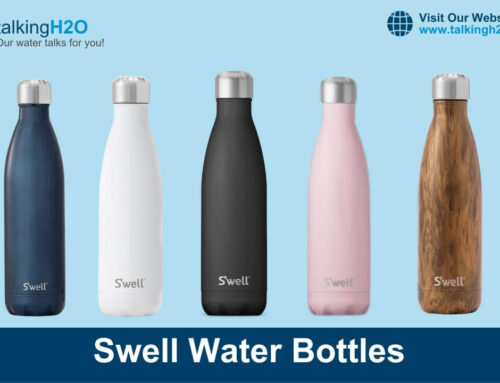


Leave A Comment